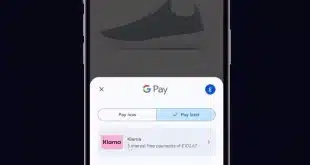By Kevin Woodward
n
The online payment card authentication technology known as Three Domain, or 3-D, Secure, and marketed as MasterCard SecureCode and Verified by Visa, have mixed impacts on e-commerce conversion rates around the world, according to a joint study commissioned by international payment gateway Adyen and consulting firm Edgar, Dunn & Co.
n
Both schemes enable consumers to authenticate transactions by entering a secret password on a screen during the checkout process. They are meant to aid merchant fraud-reduction efforts, and were introduced in 2002.
n
Upon checkout on an e-commerce site, a window may pop up asking a consumer to complete the Verified by Visa or MasterCard SecureCode authentication process. Not all transactions made with enrolled payment cards are subject to this. Card issuers may require it when the purchase value crosses a threshold, for example.
n
The programs are having a positive impact in India, Russia and the United Kingdom, Adyen says. The impact is negative in the United States, France, and Germany.
n
In India, the impact is almost a 30% increase in conversion rates, but in the United States conversion rates fall an average of 43% when consumers are required to use one of the authentication methods.
n
What explains that? “The different impacts are due to the way 3-D Secure has been implemented by the issuing banks in each country,” Adyen says. “In some countries, the issuing banks have done a better job at enrolling and explaining the process and the purpose to cardholders. Some banks have a friendlier authentication process for cardholders online.”
Both issuers and online merchants must implement 3-D Secure technology for it to work. U.S. merchants have long complained the technology is difficult to integrate and drives up abandonment rates by interrupting checkout sessions. U.S. banks such as PNC Bank, M&T Bank, Bank of America, and USBank offer the service for their cards.





